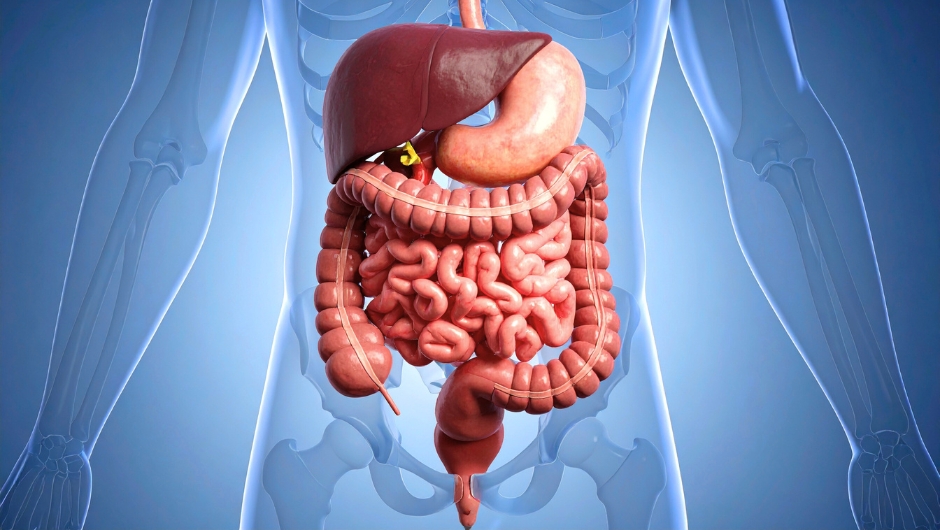The Hidden Factors That Quietly Damage Your Gut Health

When people talk about gut health, the focus usually stays on food: what to eat, what to avoid, which supplements help, and which ones don’t. But behind the scenes, your gut is influenced by far bigger forces quiet, constant pressures that shape digestion long before food even enters your mouth.
Your gut is not just a tube that breaks down meals. It’s a sensitive, intelligent ecosystem connected to your brain, your hormones, your sleep cycle, your environment, and even the light around you. When these invisible forces fall out of balance, the gut reacts instantly.
1. When Your Internal Clock Goes Out of Tune
Inside your brain lives a tiny biological clock that runs 24 hours a day. This clock doesn’t just decide when you feel sleepy or awake it also controls when your digestive organs should work, rest, release enzymes, repair themselves, and communicate with your immune system.
But modern life constantly confuses this clock. Sleeping late, irregular meal times, blue light from phones, eating dinner just before bed each of these sends mixed signals to the gut. And when the timing is wrong, even good food doesn’t get digested properly.
This disruption slowly shows up as:
- Heavy stomach after meals
- Morning acidity
- Fluctuating bowel habits
- Feeling tired even after eating
- Random bloating without reason
When you bring rhythm back into your routine by getting morning sunlight, keeping meal timings steady, reducing late-night screens, and giving your gut a few hours to rest before sleep, digestion becomes smoother almost automatically.
Your gut loves routine more than anything else.
2. The Slow Poisoning of Daily Toxins
Toxins aren’t just in polluted environments, they’re hiding in everyday life. In the coating of non-stick pans, in tap water, in artificial fragrances, in low-quality packaged foods, in pesticides on vegetables, and even in the air of a damp room.
These toxins don’t hit the gut at once. They build up quietly. The gut lining becomes irritated. The microbiome becomes confused. The liver becomes overworked. And without you realizing it, symptoms begin to appear small at first, then louder:
- Low immunity
- Stubborn bloating
- Brain fog
- Random skin breakouts
- Constant fatigue
- Food sensitivities that never existed before
You don’t need a strict detox. You just need less daily exposure.
A switch to steel cookware, a water filter at home, fewer processed foods, natural cleaning products, washed produce, fresh air, sunlight these small steps gradually reduce the chemical burden on your gut. And once that burden eases, the gut begins to repair itself on its own.
Your gut is designed to heal. Just give it a cleaner environment to work in.
3. The Heavy Weight of Stress and Poor Sleep
Stress may be invisible, but the gut feels every bit of it. Your gut and brain talk through a long nerve called the vagus nerve. Whenever you worry, rush, overthink, or feel emotionally overwhelmed, the gut immediately receives a “danger” signal. Digestion slows. Stomach acid drops. Gut movement becomes irregular. Inflammation rises.
Even one stressful week can lead to:
- More gas
- More acidity
- More constipation or diarrhea
- More cravings
- More fatigue
And then comes the second layer: poor sleep.
Sleep is the time when the gut repairs its lining, resets the microbiome, and lowers inflammation. When sleep quality drops, even if you sleep for many hours the gut cannot recover. This builds into a loop of stress → poor digestion → poor sleep → more stress → even worse digestion.
Breaking this cycle does not require a big lifestyle overhaul. It starts with small shifts morning sunlight, relaxed meals, slow breathing before bed, shutting down screens early, and creating a calming pre-sleep wind-down. When the mind settles, the gut finally gets the message: “It’s safe to heal now.”